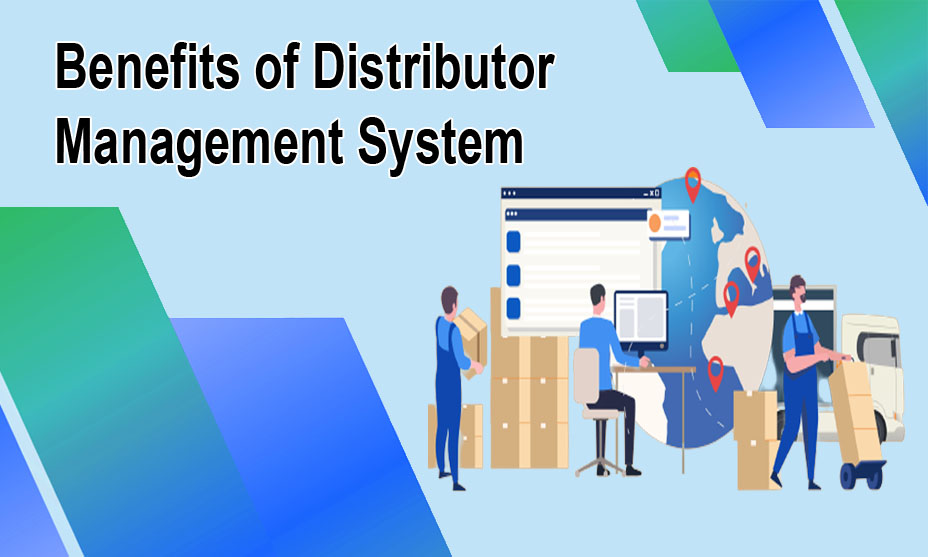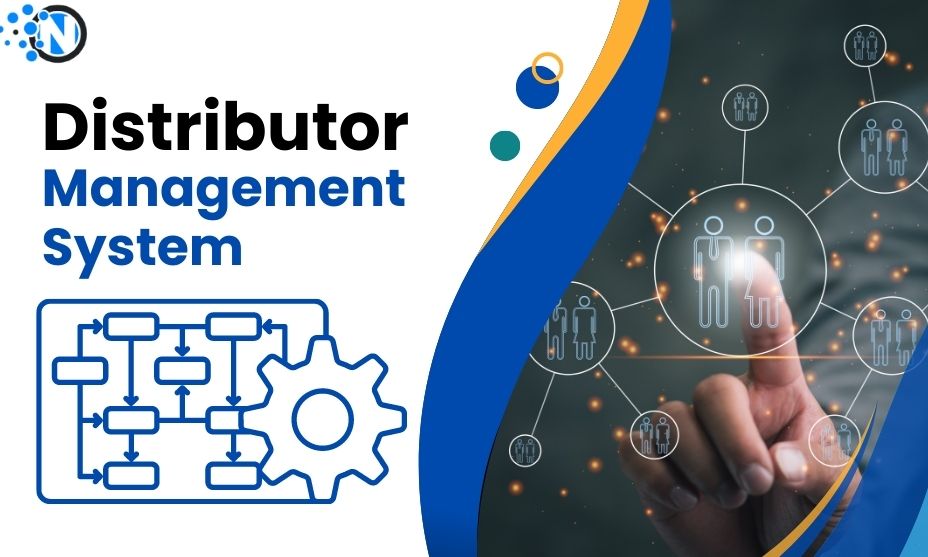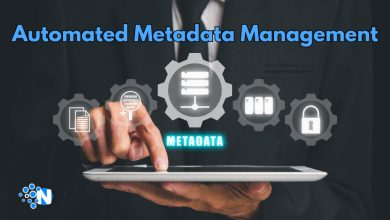Things to Know About Distributor Management System
Distributor Management System helps automate various tasks to reduce human efforts and minimize errors to streamline different operations. As a result, you can improve your business’s visibility and credibility. Further, DMS also helps you take your company’s efficiency to a sky-high level, delivering incredible benefits and taking you ahead of the competition. Choosing the right platform facilitates efficient inventory management, sales, orders, logistics, and overall distribution processes. We have developed this guide to help you know important things about Distributor Management System, including the features, benefits, and considerations.
What is Distributor Management System?
A Distributor Management System (DMS) is software designed and launched specifically to streamline distributors’ operations in various industries. This system mainly aims to optimize the industry’s efficiency up to the mark. It is a comprehensive platform that helps you carry out different operations in a more productive manner. You can improve inventory management, sales, orders, and logistics. The DMS centralizes inventory, automates order processing, provides sales analytics, and integrates with other systems, enhancing distributors’ efficiency, visibility, and customer service. With features like route optimization, demand planning, and security controls, the DMS empowers businesses to make informed decisions, improve resource allocation, and ultimately boost productivity and profitability.
Features of Distributor Management System
We have listed the features of the distributor management system in the under-section. Have a look at them to understand how this software solution works.
1 – Centralized Inventory Management
One of the most exciting features of a DMS is that it centralizes inventory management. It allows distributors and businesses to track their stock levels and product availability to avoid stockouts. A centralized platform enables real-time updates and ensures accurate inventory data across multiple locations. In this way, you can easily learn about the risk of overstocking or understocking.
2 – Order Processing and Tracking
Order processing and tracking is another exclusive feature of a distributor management system. An efficient system streamlines the order processing workflow to capture and manage orders from various channels easily. It includes receiving orders from online platforms, sales representatives, websites, and mobile applications. Afterward, the system directs the complete data to the inventory section, reducing the chances of manual errors and speeding up order fulfillment. Furthermore, order tracking features allow both distributors and customers to check the status of deliveries in real time.
3 – Sales and Performance Analytics
A comprehensive distributor management system streamlines different processes and delivers insights about your performance on a personalized dashboard. With the help of different critical metrics and figures, you can determine the efficiency of your business. It also helps you recognize if the DMS suits your brand.
Among the major analytics a DMS provides are sales trends, top-performing products, customer preferences, and sales representatives’ performance. By understanding them, you will get better insights and create a functional idea that aids in making data-driven decisions, identifying growth opportunities, and optimizing sales strategies.
4 – Channel Management
A distributor management system has the ability to manage multiple sales channels seamlessly. Whether you are running a traditional store, e-commerce platform, third-party retailer, or mobile app, this system maintains a consistent environment on each of them to boost your credibility. By providing the same pricing and following the same promotional strategies, you can ensure a cohesive customer experience across them while expanding the reach of the distributor’s product.
5 – Customer Relationship Management
CRM is very important in a business landscape as it helps you receive permanent clients. As a result, you can enjoy long-term benefits. With the help of a distributor management system, you can streamline this operation by dealing with their problems in a more effective and interactive manner. You can set order preferences by tracking customer data, communication history, and other crucial details, enabling personalized engagement and running targeted marketing campaigns.
6 – Integration Capabilities
A quality distributor management system exhibits outstanding integration capabilities with different sections. Hence, you can easily start working by integrating it into your business’ infrastructure. Enterprise resource planning (ERP) systems, warehouse management software (WMS), accounting software, and other relevant tools are the main productivity components of a company. A well-structured DMS is compatible with all of them, guaranteeing incredible perks.
Benefits of Distributor Management System

We have elaborated on the benefits of the distributor management system in the following. It will give you insights into leveraging this software solution for your brand.
1 – Enhanced Efficiency
By automating several tasks, DMS ensures enhanced efficiency for your business. Moreover, it reduces manual efforts and saves resources.
2 – Inventory Management
With a centralized system, you can learn about the availability of your products and the resource allocation of your company’s inventory.
3 – Better Customer Service
A DMS can effectively scrap customer data and help generate comprehensive reports to personalize a customer’s experience, resulting in improved customer service.
4 – Real-Time Reporting
Instant access to real-time data allows distributors to respond quickly to changing market conditions and customer demands.
5 – Cost Effective
Lastly, optimized inventory management, route planning, and resource allocation result in cost savings for distributors.
Considerations in Distributor Management System
Besides the benefits, some considerations are also present in the use of distributor management systems.
1 – Need Assessment
Selecting a proper DMS requires a lot of research. You must assess your business requirements and also budget to determine the most suitable option.
2 – Workers’ Training
Some workers may find it challenging to operate the distributor management system. Consequently, you have to spend money to educate them, increasing your expenses.
3 – Security Concerns
Data security and safety concerns are another critical consideration in distributor management systems.
Final Verdicts
A distributor management system is one of the most invaluable tools for business to optimize their different operations. In addition, with its help, you can enhance customer service and stay competitive in today’s incredibly saturated world. Furthermore, by receiving insights and analytics and utilizing them to improve sales channels, you can boost your credibility by making data-driven decisions. A comprehensive DMS enables distributors to streamline workflows by centralizing inventory management and automating different processes. Thus, it leads to increased efficiency, cost savings, and improved customer satisfaction.





